Americans With Disabilities Act Resource Page
Welcome to the City of Georgetown’s Americans with Disabilities Resource Page. The City of Georgetown is committed to ensuring all residents have access to City programs and services. This resource page is intended to provide information about the City’s ADA-related programs and services and activities, and links to other helpful resources.
The City of Georgetown is committed to ensuring that its programs, services, and activities are accessible to persons with disabilities. The City will not discriminate against qualified individuals with disabilities on the basis of disability in providing programs, services, or activities.
Read the City of Georgetown’s adopted 2016 ADA Transition Plan.
The City’s ADA Coordinator is Lua Saluone. If you have any questions or need additional assistance, please contact the City of Georgetown at 512-930-6574 or ada@georgetown.org.
808 Martin Luther King Jr St. | 8 a.m.- 5 p.m. Monday-Friday. Holiday Schedule | 512-930-6574 | ada@georgetown.org








